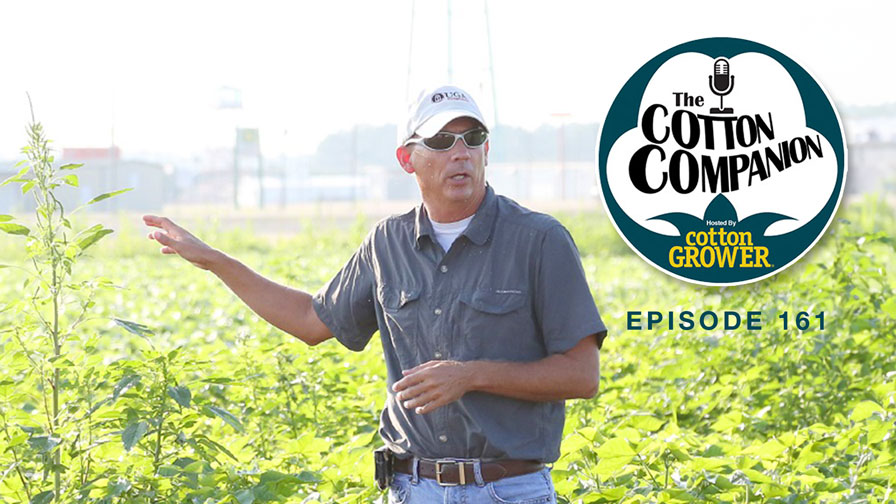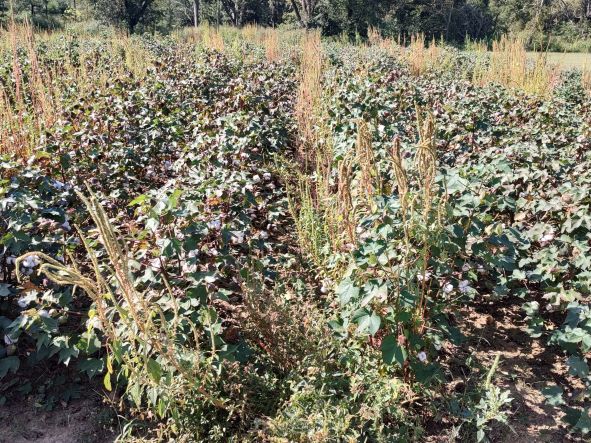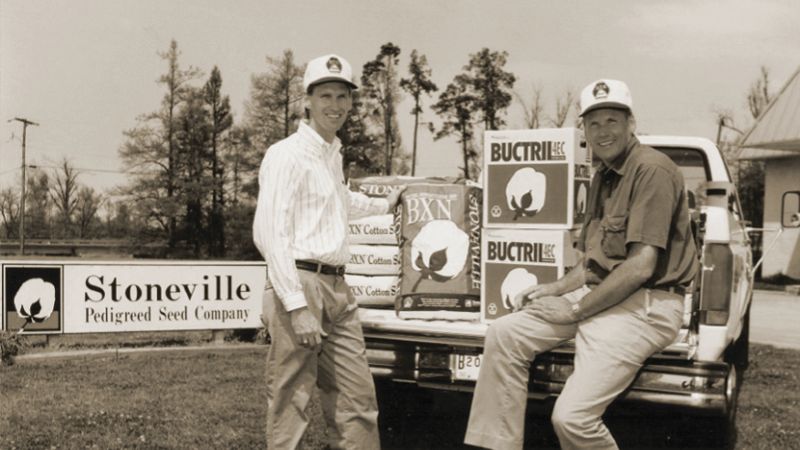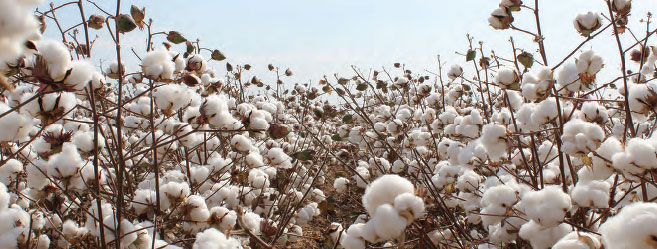Economics Favor Planting Cotton Behind Wheat
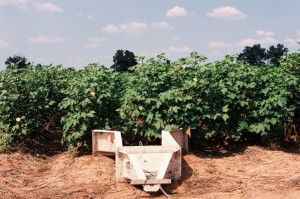
Market prices in the mid-90 cent range and much-improved premium for seed at the gin once again make cotton a profitable option for planting behind winter wheat crops in the Mid-South and Southeast.
A 2011 study conducted by CrescoAg at 38 testing sites across Mississippi, Arkansas and Louisiana involving the Deltapine’s of DP 0912 B2RF tested behind winter wheat, or planted after June 1 due to flooding, showed positive results for both the economics of double-crop cotton and the variety itself.
CrescoAg is Memphis-based independent information management company that has developed a suite of products to help growers and advisors better analyze and manage information.
The findings were released at the Mid-South Farm & Gin Show in Memphis in early March.
Overall, the study showed that cotton yields were excellent and were an economically better choice than soybeans.
When factored with cotton priced at $1 per pound and soybeans at $12.50 per bushel, the study showed irrigated cotton had a gross return advantage of $226.69 per acre over irrigated soybeans. Non-irrigated cotton showed an advantage of $337.83 per acre over non-irrigated soybeans. Neither of the gross revenue figures included the seed premium a cotton farmer could receive from the gin.
Average soybean yields in the study were 46 bushels per acre under irrigation and 36 bushels per acre in non-irrigated fields. Monsanto data showed an average yield for DP 0912 B2RF across the 38 locations of 800 pounds per acre on irrigated ground, and 788 pounds per acre on non-irrigated. Yield performance on DP 0912 B2RF has been very consistent across high-yield and moderate to low-yield environments as well as when planted in April, May and June, according to four years of data collected across the Mid-South and Southeast regions.
“We are providing research data on double-cropping cotton behind wheat because the price of cotton lint and cotton seed farmers can receive has improved over the past few years,” said Dave Rhylander, Deltapine marketing manager for Monsanto. “In addition, Genuity Bollgard II and Roundup Ready Flex now provide improved insect and weed control versus the older technologies, and shorter season genetics have improved.”
DP 0912 B2RF is a variety that can be managed for that extra degree of earliness that many double-crop situations require, Monsanto says. Company research has shown DP 0912 B2RF has enough indeterminacy to have the potential to make higher yields in cases where a long fall offers extended time to make cotton. It has the potential to set an extra node or two when conditions are right later in the season.
With today’s cotton price, the high value of seed premiums from the gin and a cotton variety like DP 0912 B2RF, Monsanto reminds farmers to take a close look at double-cropping their winter wheat with cotton instead of soybeans this spring,” said Rhylander. “Looking at historical yield figures for cotton coupled with today’s market price for cotton, the economics point to cotton being a better choice on certain fields.”
Rhylander encouraged farmers who seek technical advice on double-cropping DP 0912 B2RF to take advantage of Deltapine’s local agronomists and territory sales managers to learn more.



